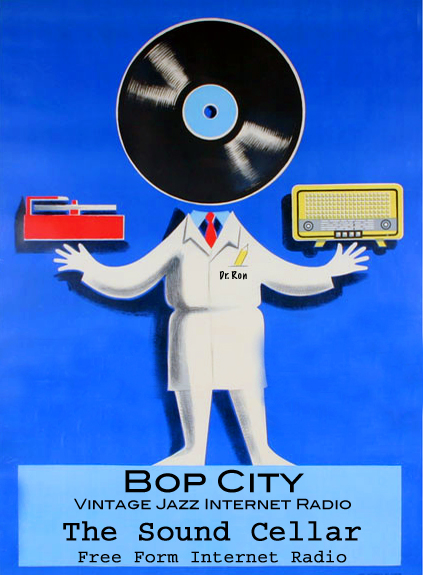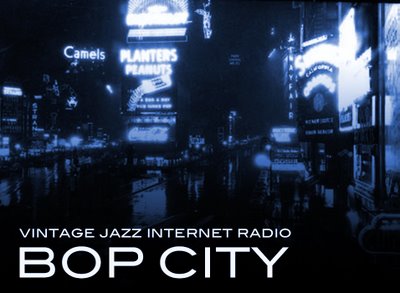Kind of Blue, an album that sounds like it's never been in a good mood it didn't consider fleeting or a bad one it couldn't brood its way out of. When Davis and his band commenced recording in 1959, they settled on a new form of "modal" jazz that called for improvising through scales as opposed to preordained chord changes. And even if that doesn't sound apparent to an untrained musical ear, it's suggested by a spectral sense of wandering-an ease with uncertainty that comes across in no uncertain terms. Artists playing with Miles on Kind of Blue were Cannonball Adderly, John Coltrane, Bill Evans, Wynton Kelly, Paul Chambers and Jimmy Cobb.
Sony's Legacy Recordings has released a fabulous 50th anniversary edition of Kind of Blue. This will make a holiday gift that will never be forgotten for the jazz lovers in your life. You can help support Bop City's broadcast by purchasing this box set through the link below the box set's description.
The SUPER-DELUXE 12-INCH SLIPCASE BOX SET CONTAINS:
• Two CDs (original album plus studio sequences, false starts, and alternate takes from 1958-59 sessions, plus 17-minute “So What” live in Holland, 1960)
• DVD: newly-produced documentary featuring superstars of jazz
• 60-page ‘perfect-bound’ 12x12 full-color book, tons of photos
AND
• 180-gram blue vinyl 12-inch LP-first time ever in a Legacy box set!
In-depth liner note essays written by award-winning Miles Davis authorities Francis Davis and Gerald Early; session transcripts by Ashley Kahn; detailed 1957-60 quintet/sextet timeline by Bob Belden and Ken Vail
\








